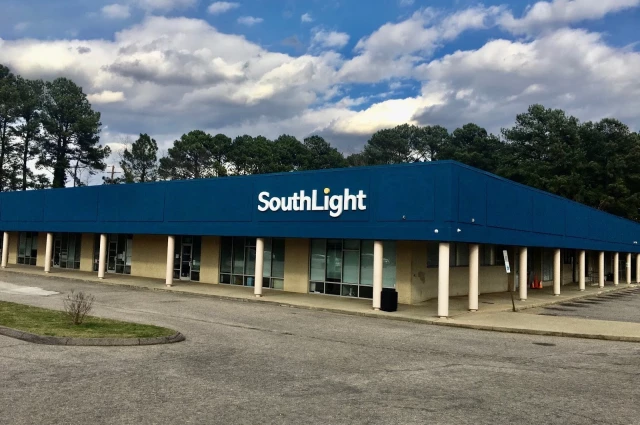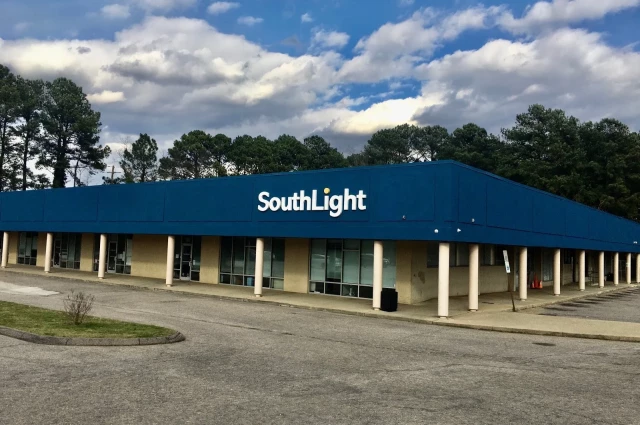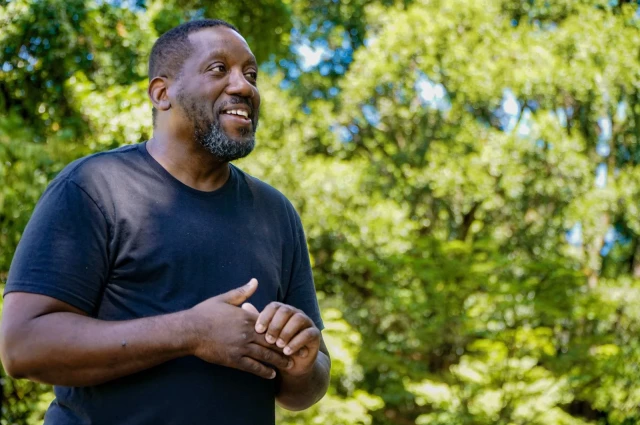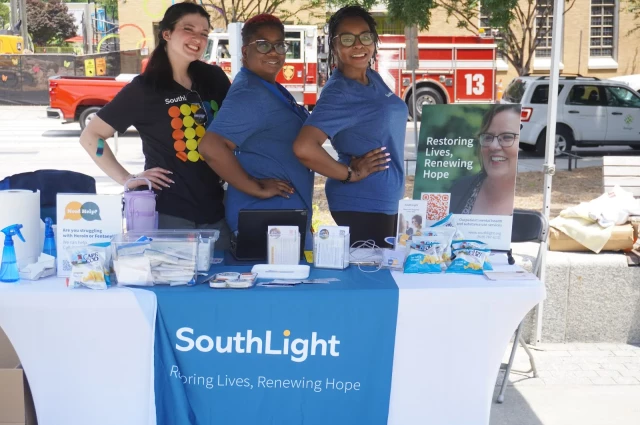SouthLight Healthcare is an outpatient rehabilitation facility that specializes in treating opioid addiction. It is situated on Garner Road in Raleigh, North Carolina. For persons with drug use disorders, SouthLight provides comprehensive and individualized therapy at many sites around the Raleigh and Durham regions. Each client is given a personalized treatment plan that is designed to meet their unique requirements; the process starts with a clinical examination to identify the best course of action.
The rigorous Outpatient Program (IOP) at SouthLight is one of their most rigorous options; it entails up to three months of treatment at a rate of around nine hours per week. This program combines case management, group therapy, and individual treatment. The case management meetings assist clients in gaining access to a range of tools and services to support their road to recovery. Individual and group therapy are available as part of SouthLight's standard outpatient services for people who may not need the intensity of IOP.
Being one of the few clinics in North Carolina that provides opioid addiction drugs including buprenorphine, naltrexone, and methadone, as well as nighttime clinic hours to meet clients' work and personal obligations, is SouthLight. Because of this flexibility, patients may get the care they need without having to miss work or other regular activities.
SouthLight's polite and caring attitude is valued by many of its clientele. They emphasize how well the services function and how people who have visited different clinics in the past often comment on how SouthLight stands out as their top option for medical treatment. An atmosphere that helps people in their rehabilitation process is created by placing a strong focus on the respect and dignity of patients.
SouthLight Healthcare has been a reliable option for those looking for help with drug abuse and mental health issues for more than 50 years. The company is dedicated to provide preventative techniques, education, and therapy based on evidence in a kind and friendly setting. As part of its holistic approach to therapy, SouthLight provides mental health and drug abuse counseling in addition to supporting services that increase the efficacy of treatment.
Yes, SouthLight Healthcare has CARF accreditation, proving that it upholds the highest standards of care for treating mental health and addiction disorders.
SouthLight Healthcare Information
Treatment
Who We Treat
- Young Adults (18–25)
- Adults
- Seniors/Older Adults
- Older Adults
- Male and Female
- LGBTQ+
- Veterans
Approaches
- Family Therapy
- Group Therapy
- Cognitive Behavioral Therapy (CBT)
- Dialectical Behavior Therapy (DBT)
- 1-on-1 Counseling
- Online Therapy
- Life Skills Training
- Relapse Prevention Counseling
Conditions We Treat
- Post Traumatic Stress Disorder (PTSD)
- Trauma
- Perinatal Mental Health
- Co-Occurring Disorders
Substances We Treat
- Chronic Relapse
- Opioids
Languages
- English
- Spanish
Aftercare
- Outpatient Treatment
- Intensive Outpatient Program
- Continuing Care
- Support Meetings
Level of Care
- Outpatient
- Aftercare/Continuing Care
Experience
Smoking and Vaping Policy
- Smoking Not Allowed
- Vaping Not Allowed
Accreditations
-
State mental health department
State mental health department accreditation refers to the process of evaluating and certifying the quality and standards of a state's mental health department, ensuring that it provides high-quality services and meets specific criteria for mental health care. The accreditation process is performed by a third-party organization and helps to improve the overall care and treatment of individuals with mental health conditions.
-
State department of health
Government agencies issue State Licenses, granting rehabilitation organizations permission to operate their businesses legally within specific geographic regions. The licenses needed for legal operation are typically determined by the type of rehabilitation program offered by a facility and its physical location.

-
Commission on Accreditation of Rehabilitation Facilities (CARF)
CARF accreditation is a globally recognized certification for rehabilitation and human service organizations. It signifies that an organization meets high-quality standards and is committed to providing top-level care. Achieving CARF accreditation involves a rigorous evaluation process, including on-site surveys. This accreditation enhances an organization's reputation, instills trust in clients and funders, and encourages ongoing excellence in the field.

-
SAMHSA certification for opioid treatment program (OTP)
SAMHSA's Opioid Treatment Programs (OTP) accreditation is a prestigious recognition that signifies a program's compliance with stringent standards and guidelines established by the Substance Abuse and Mental Health Services Administration (SAMHSA). This accreditation demonstrates an OTP's commitment to providing high-quality, evidence-based care for individuals struggling with opioid use disorder (OUD). It serves as a trusted symbol of accountability and excellence, assuring patients, families, and communities that the OTP offers safe, effective, and comprehensive treatment options for OUD.
-
Drug Enforcement Agency (DEA)
DEA accreditation refers to the process by which a law enforcement agency is recognized by the Drug Enforcement Agency (DEA) as having met specific training, operational, and resource requirements necessary to participate in DEA-led drug enforcement efforts. This accreditation allows the agency to perform DEA-related tasks such as conducting investigations, executing federal search warrants, and participating in joint task forces.
SouthLight Healthcare Accepts The Following Insurance Plans
Find the best treatment options. Call our free and confidential helpline today!





